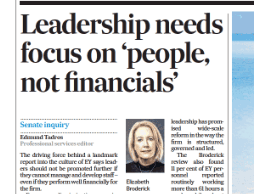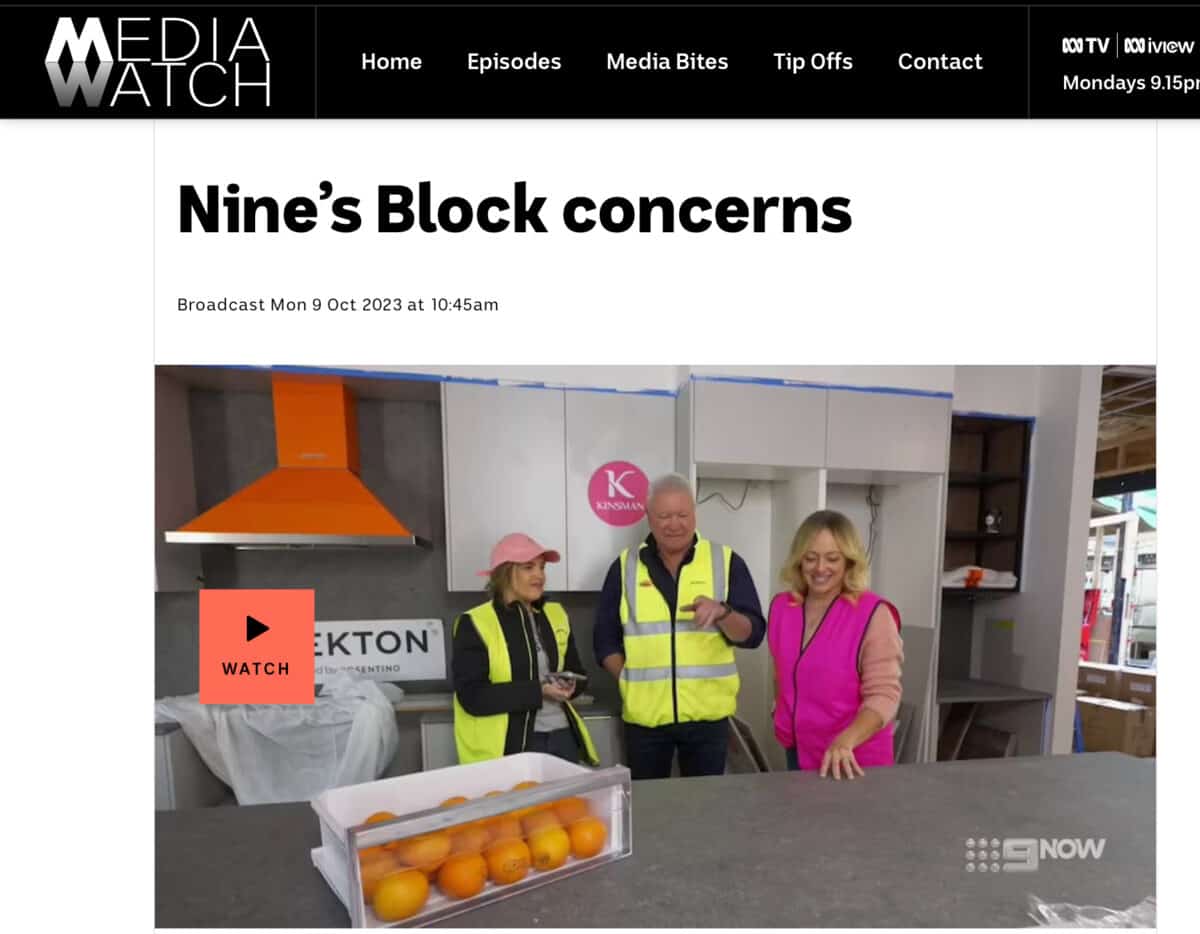The Victorian Parliament has been debating legislation the government claims is essential to fix a “broken” workers’ compensation system. There are a lot of elements to what is broken – premium increases, political access to WorkSafe finances, political topping up of WorkSafe finances, high numbers and costs for workplace mental health compensation claims and more. What is largely missing is a discussion on the prevention of mental health injuries at work.
Category: media
How to determine the usefulness of what you read
Many employers are continuing to pimp up their well-being programs and employer benefits with the intention of managing mental health pressures. This is often based on advice from multinational business advisory and consulting firms in the form of trend surveys and reports about business attitudes, fears and concerns. A recent report from Mercer was the basis for an article in the Australian Financial Review (AFR, paywalled) written by Euan Black. It is instructive to subject the article and the Mercer report to a little scrutiny to determine their usefulness.
Cultural and operational shortcomings in white-collar work
Long working hours and the billable hours structure received some attention in the prominent business newspaper. the Australian Financial Review, on November 11,2023. Unsurprisingly the article, by Edmund Tadros, about former Sex Discrimination Commissioner, Elizabeth Broderick has garnered attention in the business social media. The article reinforces the unsafe nature of the dominant management practices in white-collar workplaces.
Plain speaking on mental health v nuance
Plain speaking is one of the greatest challenges of any profession. Many professionals struggle to communicate their excellent work and knowledge which has created the moves for Research-To-Practice and specialised communicators (as opposed to public relations advisers). Human Resources (HR) and Occupational Health and Safety (OHS) need communications specialists, or perhaps just interpreters, if a recent article on workers compensation and mental health is anything to go by.
If we are going to achieve a successful and effective change on workplace mental health, we need to start to understand each other.
Engineered stone and The Block
One supplier of synthetic stone products to Australia, Cosentino, is in the mainstream media after an appearance on a popular television home renovations show on the Nine Network, The Block. Several occupational health and safety (OHS) professionals and organisations have raised concerns about how the product was discussed and presented on a recent episode. The best coverage of this matter has been by an ABC television program, MediaWatch.
MediaWatch revealed the importance of listening to how dangerous products are described and how the guidance of OHS Regulators can be interpteed or manipulated.
OHS context in many mainstream news stories, if you look
Occupational health and safety (OHS) is rarely reported on in the mainstream newspapers but every week OHS is there, adding a contect to a scandal or subtext to a public health risk. Last weekend was no different. The Guardian of September 16, 2023 reported on a review of personal relationships by BP, a prison escape, deaths from air pollution, a more relaxed approach to work, shoplifting and customer aggression, and more.
There’s more to the Right to Disconnect than just ignoring the boss
The Australian Labor Party (ALP) conference has endorsed the concept of the right-to-disconnect, according to an article in The Australian. Sadly, the reporting on the change has a dismissive tone on what is an attempt to address the increasing costs of mental health at work. Readily accessible and recent survey data on the right-to-disconnect could have been used for a fuller analysis.
Journalist Ewin Hannan wrote:







